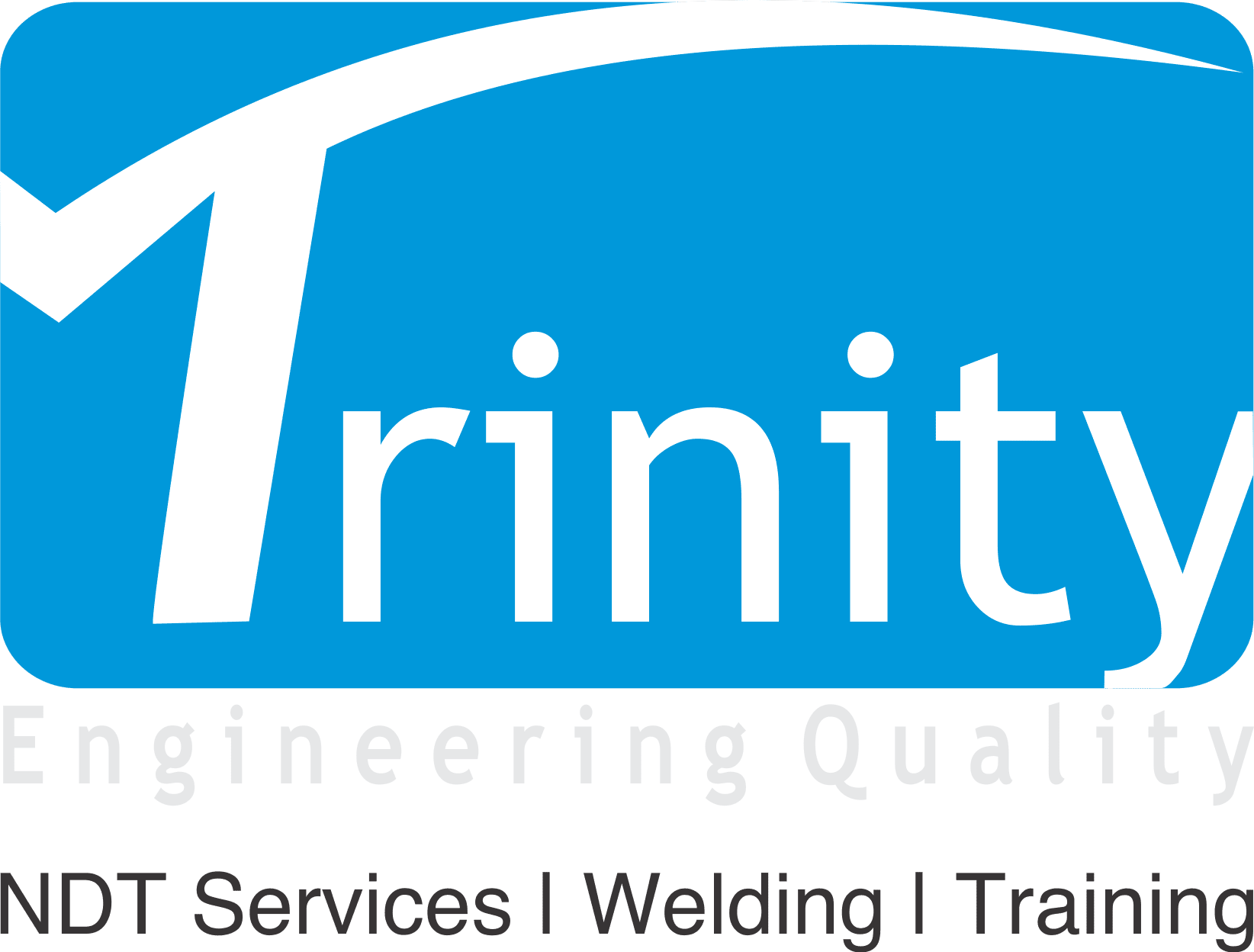How Do You Become NDT Certified?
Nondestructive testing-NDT is testing of engineering materials, components and structures for finding the flaws (discontinuities) and characteristics without damaging or destroying the object being tested in any way. It is one of the specialized technology to control the quality of products during manufacturing and in-service maintenance inspection of plants and structures.
It is increasing becoming common to testing almost all mechanical engineering component and civil engineering structures to ensure the safety and reliability of operations.
Unlike Destructive testing (DT) which involves interpretation of test results directly, Nondestructive testing needs high interpretation skills for the NDT professionals as the test results are indirect in nature. Understanding basic metallurgy, materials properties, manufacturing processes like Castings, Foundry Shop practices, Rolling of plates, bars, billets, blooms, forgings, Welding, Soldering, Brazing, heat treatment, machining, bending, grinding and surface finishing and in short every aspect of modern day manufacturing practices.
Hence, an individual should have sufficient education back ground and NDT related experience as a prerequisite to get certified in Nondestructive testing-NDT method/s. Certification is a written testimony that indicating that an individual is having sufficient experience and expertise to carry out NDT tests and interpret the Inspection results. Various NDT certification schemes are available today to get NDT certified for the Mechanical and Civil Engineers.
Currently the most widely used certification schemes are listed below.
- ASNT, SNT TC 1A: Employer based certification program from The American Society for Nondestructive testing – ASNT USA is one of the most widely NDT certification programs used across the globe by many employers to certify their NDT professionals to Level I, Level II and Level III. ASNT Keeps revising the recommended practice regularly and the latest edition is SNT TC 1A 2020.

Employers can engage their NDT Level III, to train and certify individual to the required Level I or Level in the NDT method based on Written practice framed to the requirements of SNT TC 1A 2020 or the latest edition.
Employers can also use training services of outside NDT agencies to train the NDT personnel to the required level. However, SNT TC 1A clearly specifies that the responsibility of employers’ certification rests purely with the employer.
How to Get Certified in NDT as per Employers’ Written Practice framed to the requirements of ASNT SNT TC 1A?
- The candidate shall meet the minimum educational qualification requirements specified in the employers written practice. Ex: High school graduate with Maths, Physics or science study or an engineering graduate.
- Before getting certified to a specific Level, the individual should gain relevant experience as ‘NDT Trainee’ in the method being certified for the duration specified in the employers written practice
- The candidate should meet the eye fitness requirements such as near vision acuity and colour vision requirements
- Once the candidate meets the educational qualifications, experience, vision requirements, he/she shall undergo the class room and practical training for the required number of hours in the method being certified before taking certification examination conducted by the employers’ NDT Level III.
NDT training Level I, Level II, Level III applicable for the following NDT methods as per ASNT Recommended Practice SNT TC 1A
- Ultrasonic testing – UT
- Magnetic Particle testing – MT
- Penetrant testing – PT
- Radiographic Testing – RT
- Electromagnetic Testing (Eddy Current testing) – ET
- Visual Testing – VT
- Acoustic Emission Testing – AET
- Vibration Analysis – VA
- Thermal/Infrared Testing
- Neutron Radiographic Testing – NRT
- Laser Methods Testing
- Leak testing
- Magnetic Flux Leakage Testing
- Microwave Technology Testing
- Guided Wave Testing
- Ground Penetration Radar
Learn more about TRINITY NDT Training & Certification services to meet the training requirements and NDT Level III consulting services and third party training services.
- ISO9712:2012 Nondestructive testing –Qualification & Certification of NDT personnel is an International Standard that specifies requirements for qualification and certification of personnel performing Nondestructive testing in various industries and engineering applications.
This international standard is currently applicable for one or more NDT methods such as: a). Ultrasonic testing-UT, b). Magnetic Particle testing c). Penetrant testing d). Radiography Testing e). Eddy Current testing f). Infrared thermographic testing g). Strain Gauge testing h). Leak testing (Hydraulic Pressure tests excluded) i). Visual testing
Trinity NDT is a training representative of TWI, and offers NDT training & certifications as per ISO9712 International Standard. Know more about our ISO9712 NDT training courses.
- Apart from the above there are various national and international certification schemes available offered by various organizations and for various sector specific certifications such as NAS410 /EN4179 Level I or Level II or Level III for Aerospace nondestructive testing applications etc.

